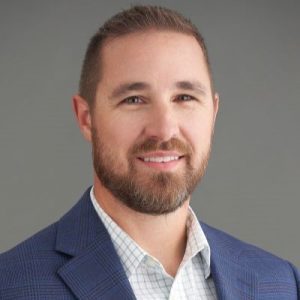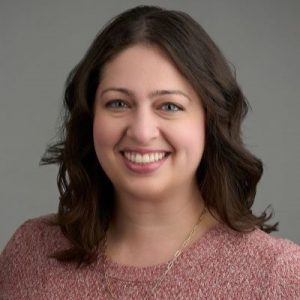University of Wisconsin Clinical Fellowship – Advanced GI MIS/Hernia Abdominal Wall
The Division of MIS and Bariatric Surgery within the Department of Surgery at the University of Wisconsin School of Medicine and Public Health offers a one-year Clinical Fellowship in MIS, Hernia and Abdominal Wall.
The Division has eight full time faculty members with extensive clinical and research expertise in gastrointestinal, advanced laparoscopic, endoscopic, and robotic surgery. Within our faculty group there are experts in minimally invasive techniques to diagnose and treat esophageal and gastric diseases (esophageal achalasia, GERD, Barrett’s Esophagus, hiatal and para-esophageal hernias, gastroparesis, esophageal motility disorders, among others), experts in primary and revisional bariatric surgery, and experts in Abdominal wall reconstruction including open, laparoscopic, and robotic techniques. Our Division spearheads multiple multi-disciplinary endeavors including a fully accredited MBSAQIP COE, the UW Comprehensive Hernia Center, and the Esophageal Motility Lab.
Fellows will have in-depth experience with a large variety of disease processes and cases:
– Abdominal wall reconstruction: comprehensive management of hernias are taught in our fellowship including all components of abdominal core health ranging from primary inguinal and ventral hernias to complex abdominal wall reconstruction. The fellow will have exposure to laparoscopic TEP, TAPP, open primary and mesh based inguinal hernia repairs as well as sports hernias. Management of complications of inguinal herniorrhaphy and chronic inguinodynia. Ventral, flank, and parastomal hernias are repaired with open, laparoscopic, and robotic techniques. The fellowship has a strong robotic abdominal wall reconstruction component utilizing transabdominal and total extraperitoneal techniques for repair of complex hernias.
Fellows will also have an opportunity to participate in the Advanced GI MIS/Bariatric/Foregut cases:
– Bariatric surgery: laparoscopic gastric bypass, sleeve gastrectomy, laparoscopic revisions, conversions, endobariatrics, and reversals.
– Foregut surgery: laparoscopic para-esophageal hernia repair (including complex revisions), Heller myotomy, gastric stimulator, LINX, laparoscopic fundoplication, laparoscopic gastrectomy, and other gastric and small bowel resections. Our Division also runs its own esophageal motility lab and the fellow will participate in reading/interpreting esophageal pH and manometry studies.
– Diagnostic and therapeutic endoscopy: POEM, POP, endoscopic fundoplication, esophageal dilation and stenting, endoscopic mucosal and submucosal resection, and endoluminal drainage procedures including internal drain and EVAC.
Research/Education: The Fellow will have 10-20% protected time to participate in clinical research projects during the year and is expected to present at a national meeting. Multiple ongoing studies are available in which the fellow can participate. To facilitate the production of academic videos, the fellow is provided with access to professional quality video recording and editing equipment. Numerous opportunities to write review articles and book chapters are available. The fellow plays an active role in the education of UW Madison residents and medical students. These teaching responsibilities include, but are not limited to, assisting junior residents in lower complexity laparoscopic cases and leading teaching, education, and evaluation sessions at the University of Wisconsin Simulation Center.
Contact
For information on the UW MIS, Abdominal Wall and Hernia Fellowship, please contact:
Makenzie Nedza
Graduate Medical Education Program Manager
mrschroeder3@wisc.edu

